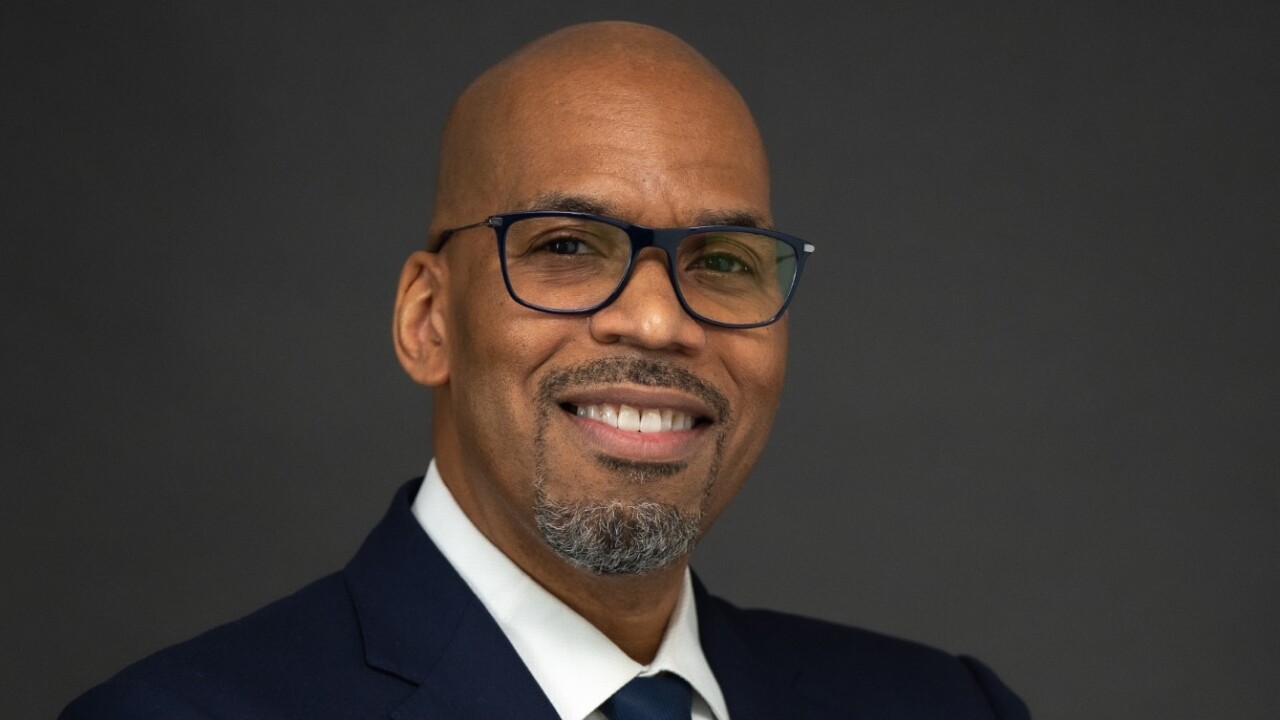So, let me ask you something. Do you believe that a person's approach to financial planning should be based on the future well-being of the family or on meeting a set of financial objectives? By the same token, do you really want to reach financial independence? Although these two questions appear relatively simple on the surface, the answers you may give can vary greatly depending on your sex. At least, that is what the results of a survey by the Desjardins Group, Canada's largest integrated cooperative financial group uncovered. This was a survey taken in the fall of 2007 among a group of 1,400 respondents that included an equal number of women and men. It was designed to measure the differences between the two groups’ concerns and attitudes on financial planning. The survey had 40 questions that covered ease of discussing financial planning with an advisor, the importance given to the various aspects of financial planning, and the understanding of financial planning vocabulary. "Even if the average spread between men's and women's answers is relatively narrow (seven points), the trend that emerges from our study shows a significant difference in terms of the approach,” says Eric Lemieux, vice-president, Wealth Management at Desjardins. “Women see financial planning as a whole that involves the well-being of the family, while men have a more compartmentalized approach, based on fixed objectives. This observation confirms the accuracy of our orientation, which is based on personalized, value-added service,” According to the survey, women appear more concerned about the well-being of others and more worried than men about the idea of being a burden on the family. In effect, they are more concerned than men by such things as financing the children's education, the importance of having a budget, and increasing the value of investments in the short term. They are also more aware than men about the importance of having a notarized will and a health mandate in case of inability. Desjardins notes that men's targeted approach comes across mainly in their greater concern for reaching financial objectives, for the tax consequences of their financial decisions, and for their retirement planning strategy. In fact, there are also more men than women who say they are solely responsible for their decisions and are consequently less inclined to ask for advice. As to the language of financial planning, this also seems more familiar to men. They were more likely to understand expressions such as "investor profile," "investment horizon,” and "net worth.” However, keep the following in mind: the more general concept of "financial independence" is understood equally well by women as by men, while women are more likely than men to desire such independence. "This survey is a tool that can help Desjardins Financial Planning Advisors to better understand members, both men and women, and to better accompany them on the path to financial security for themselves and their families," adds Lemieux, speaking for an organization with overall assets of $147 billion, as at September 30, 2007. They must know what they are talking about, eh?
-
The Internal Revenue Service, the Treasury and other parts of the government plan to phase out the use of paper checks for payments by the end of this month.
5h ago -
The internal audit profession has been grappling with a greater array of responsibilities beyond checking up on corporate finances, including vetting companies' cybersecurity and use of artificial intelligence.
7h ago -
Plus, AuditDashboard announces 8.0 release with Microsoft 365 and Copilot integration; Audit Sight releases new analytics module for insights; and other accounting tech updates.
9h ago -
The program, designed for young accountants, begins September 24 and includes six virtual sessions worth 12 CPE credits.
9h ago -
David Bundy announces retirement as Dean Dorton CEO; MassCPAs honors 2025 Women to Watch; and more news from across the profession.
11h ago -
License to steal; roll the Tape; Kings and Queens and cons; and other highlights of recent tax cases.
September 11





